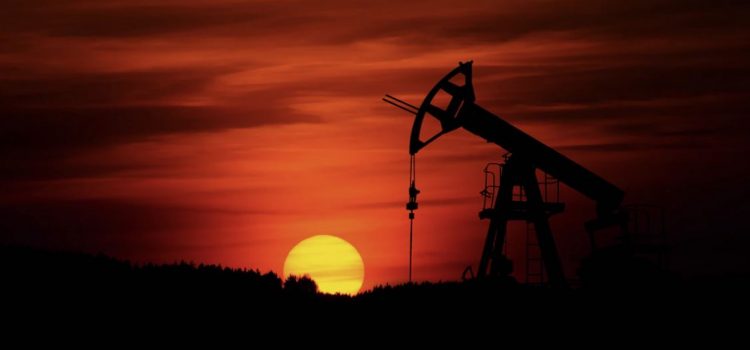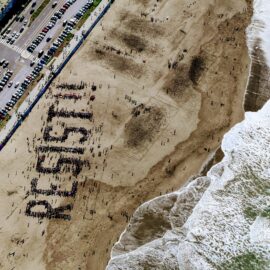

This article is an excerpt from the Shortform book guide to "The Master Guides: The Global Wealth Gap" by Shortform. Shortform has the world's best summaries and analyses of books you should be reading.
Like this article? Sign up for a free trial here.
Do natural resources make a country wealthy? What if natural resources are the primary driver of a nation’s economy?
A key factor of geography theory is access to natural resources—everything from farmable land to oil to fresh water. These resources can determine whether a nation becomes rich or poor. But, it’s not necessarily a straightforward proposition.
Continue reading to learn about the complex link between natural resources and wealth.
How Natural Resources Make Nations Rich
Journalist Tim Marshall’s Prisoners of Geography argues that in some cases, simply having more natural resources makes a nation richer. Resource-abundant nations can generate more wealth through extraction and then use that wealth to develop faster than their neighbors. For a modern example, Saudi Arabia and other Persian Gulf states became some of the richest nations in the world in just a few decades due to their abundant oil reserves.
Some geography theorists make a similar argument about natural resources and wealth on a more historical scale. In Guns, Germs, and Steel, anthropologist Jared Diamond argues that, early in the history of civilization, access to natural resources gave some nations a head start on development that snowballed into greater differences in wealth over time. Specifically, Diamond suggests the availability of domesticable plant and animal species in Eurasia made larger-scale agriculture easier to develop, starting the “snowball” of international inequality.
How Resources Make Nations Poor
While more resources can mean more wealth, some geography theorists argue things aren’t always so simple. Economist Paul Collier’s The Bottom Billion argues that, in the modern world, economies based primarily on natural resources are often more likely to be poor. He offers a couple of reasons.
1) Nations dependent on natural resources are vulnerable to shifts in the global economy—if prices for their resources drop, their economy will shrink massively overnight. For example, Venezuela’s dependence on oil revenue meant that a 2014 plunge in oil prices severely damaged the nation’s economy.
2) Nations dependent on natural resources are prone to government corruption. When there’s a sudden massive influx of wealth in an otherwise poor country (from discovering and exploiting a new natural resource, for example), the lure of personal gain through bribery and grift can overwhelm existing underdeveloped political institutions. Under a corrupt government, wealth from natural resources will benefit a few elites rather than raising the nation as a whole out of poverty.

———End of Preview———
Like what you just read? Read the rest of the world's best book summary and analysis of Shortform's "The Master Guides: The Global Wealth Gap" at Shortform.
Here's what you'll find in our full The Master Guides: The Global Wealth Gap summary:
- A look into why some nations are poor while others are rich
- What causes the global wealth gap and whether or not it can be closed
- How natural resources often make a nation poor, not rich






